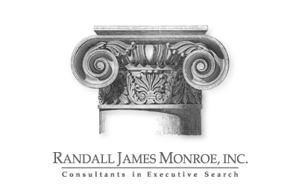|
SUCCESSION PLANNING - WHEN IS GOOD .... GOOD ENOUGH?
W.R. Ashby wrote a book,
Introduction to Cybernetics, almost a half
century ago. One of the principles he developed and
outlined in the book was his "requisite variety
theorem."
"For a successful
response to the environment, the complexity and the
speed of the firm's response must match the complexity
and speed of environmental challenges."
Now for the translation
.... To be competitive and ultimately successful,
you "the company" must at least "match"
with the competitive environment or current market
conditions in which you operate. To move ahead of
your competition, you must anticipate future market
conditions and position your company to operate more
effectively than your competitors.
In the past, a high
percentage of companies have largely promoted from
within and enjoyed good results. However, with the
economic climate showing signs of recovery at hand,
"good" may no longer be "good enough".
Determining how to meet the near and long term demands
for acquiring and retaining top executive leadership
will once again become a formidable challenge for
many organizations. A strong bench, along with a well-defined
succession plan, is a "must" for companies
who intend to not just match their current market
conditions, but look down the field and tackle foreseeable
business challenges while capitalizing on strategic
areas of opportunity.
Of course, there are
"table stakes" involved -- the strategies,
products, and sales channels of today's corporations
are changing so rapidly, it is difficult to predict
the talents and experience a company will require
in its managers and executives in just a year or two.
Hence, the skills to implement new innovative, creative
and possibly entrepreneurial ideas may require specialized
knowledge and leadership not currently on your team.
Whether your organization
is part of a growing dynamic industry or not, you
must have a strategic plan for developing and attracting
talent (internal/external) at all levels. Companies
seeking to acquire leadership talent to accommodate
their ever-changing environment will see the ROI by
developing a customized "go forward" strategy
and succession plan that includes developing a long
term partnership with a "classic" retained
executive search firm.
|
